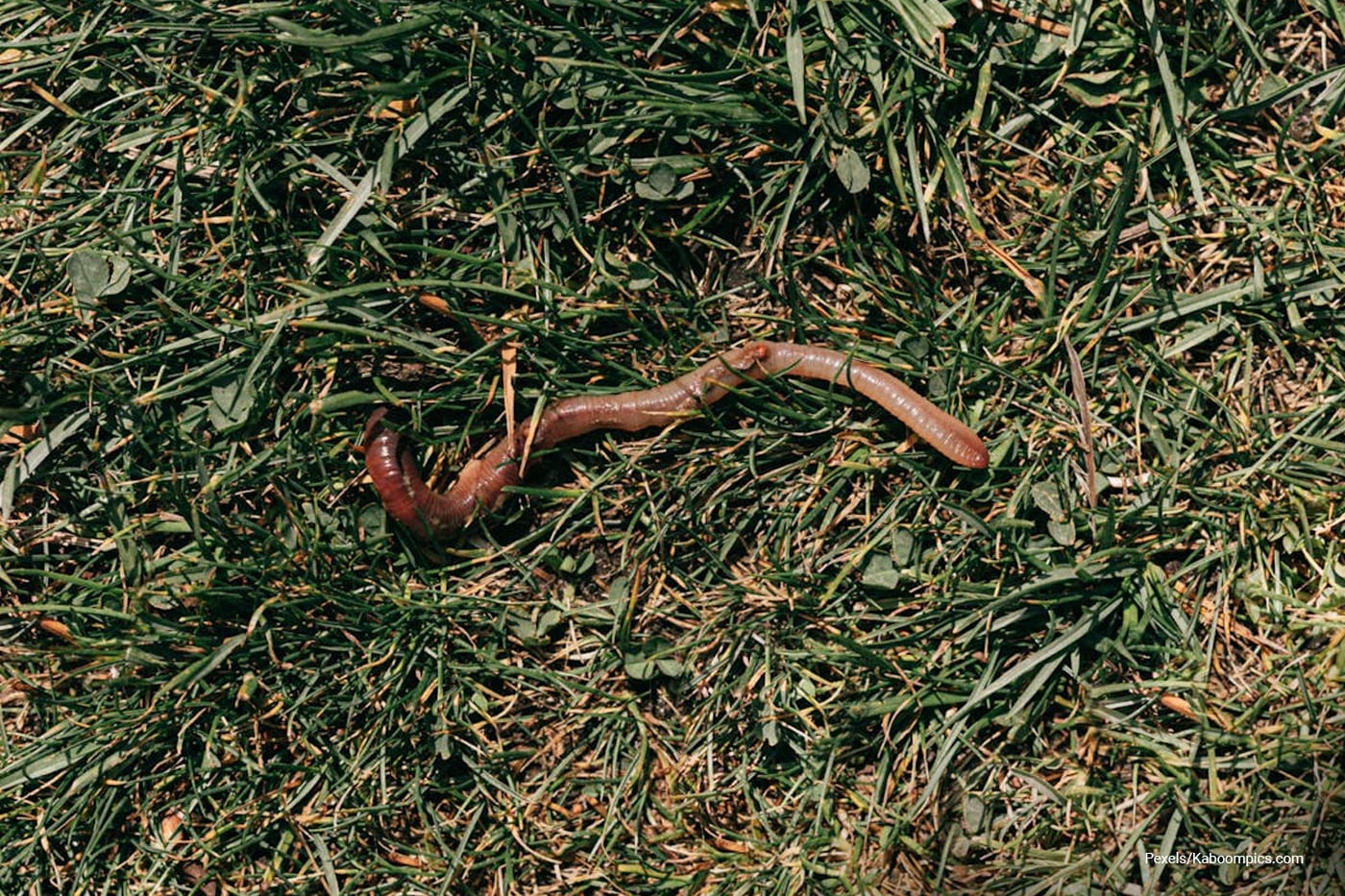Worm composting, also known as vermiculture, is an eco-friendly and efficient method of recycling organic waste into nutrient-rich compost that can significantly enhance garden soil health. This sustainable practice utilizes specific types of earthworms, primarily red wigglers (Eisenia fetida), to break down organic matter, transforming it into valuable humus that benefits plants and the overall ecosystem.
Contents []
Understanding Worm Composting

Vermiculture involves creating a controlled environment where worms consume kitchen scraps, garden waste, and other biodegradable materials. The process mimics natural decomposition but accelerates nutrient release, providing gardeners with a continuous supply of high-quality compost. Unlike traditional composting, worm bins are compact, odorless, and suitable for small spaces, making them accessible for urban and suburban gardeners alike.
Benefits of Worm Composting for Garden Enrichment
- Rich Nutrient Content: Worm castings are packed with essential nutrients such as nitrogen, phosphorus, and potassium, which are vital for plant growth.
- Improved Soil Structure: The organic matter in castings enhances soil aeration, water retention, and drainage, creating an optimal environment for root development.
- Enhanced Microbial Activity: Vermicompost introduces beneficial microbes that help suppress soil-borne diseases and promote healthy plant growth.
- Eco-Friendly Waste Management: Reduces landfill waste and methane emissions by recycling organic materials on-site.
Setting Up a Worm Bin
To start vermiculture, select a suitable container made of plastic or wood with proper drainage and ventilation. Layer the bottom with bedding materials such as shredded newspaper, coconut coir, or cardboard. Add a small population of red wigglers and introduce organic waste like fruit and vegetable scraps, coffee grounds, and eggshells. Maintain appropriate moisture levels (similar to a damp sponge) and keep the bin in a shaded, cool location. Regularly monitor the bin to prevent odors and overfeeding.
Using Vermicompost in the Garden
Once the worms have processed the organic material, the resulting castings can be harvested and used as a soil amendment or top dressing for plants. Incorporate vermicompost into potting mixes, flower beds, vegetable gardens, and lawns to boost plant health and yield. It can also be diluted with water to create a nutrient-rich liquid fertilizer, often called worm tea, which provides an immediate nutrient boost to plants.
Challenges and Considerations
While worm composting offers numerous benefits, it requires careful management. Overfeeding can lead to odors and pests, and certain materials like meat, dairy, and oily foods should be avoided as they attract pests and create unpleasant smells. Maintaining proper moisture, temperature, and pH levels is essential for healthy worm populations. Additionally, selecting the right type of worms and providing adequate bedding are crucial for successful vermiculture.
Composting with Worms

Worm composting is a sustainable, cost-effective, and efficient method for enriching garden soil. By harnessing the natural process of vermiculture, gardeners can produce high-quality compost that improves soil fertility, promotes healthy plant growth, and reduces waste. Whether for small-scale urban gardening or larger agricultural operations, vermiculture offers a practical solution for environmentally conscious gardening practices and long-term garden health.



